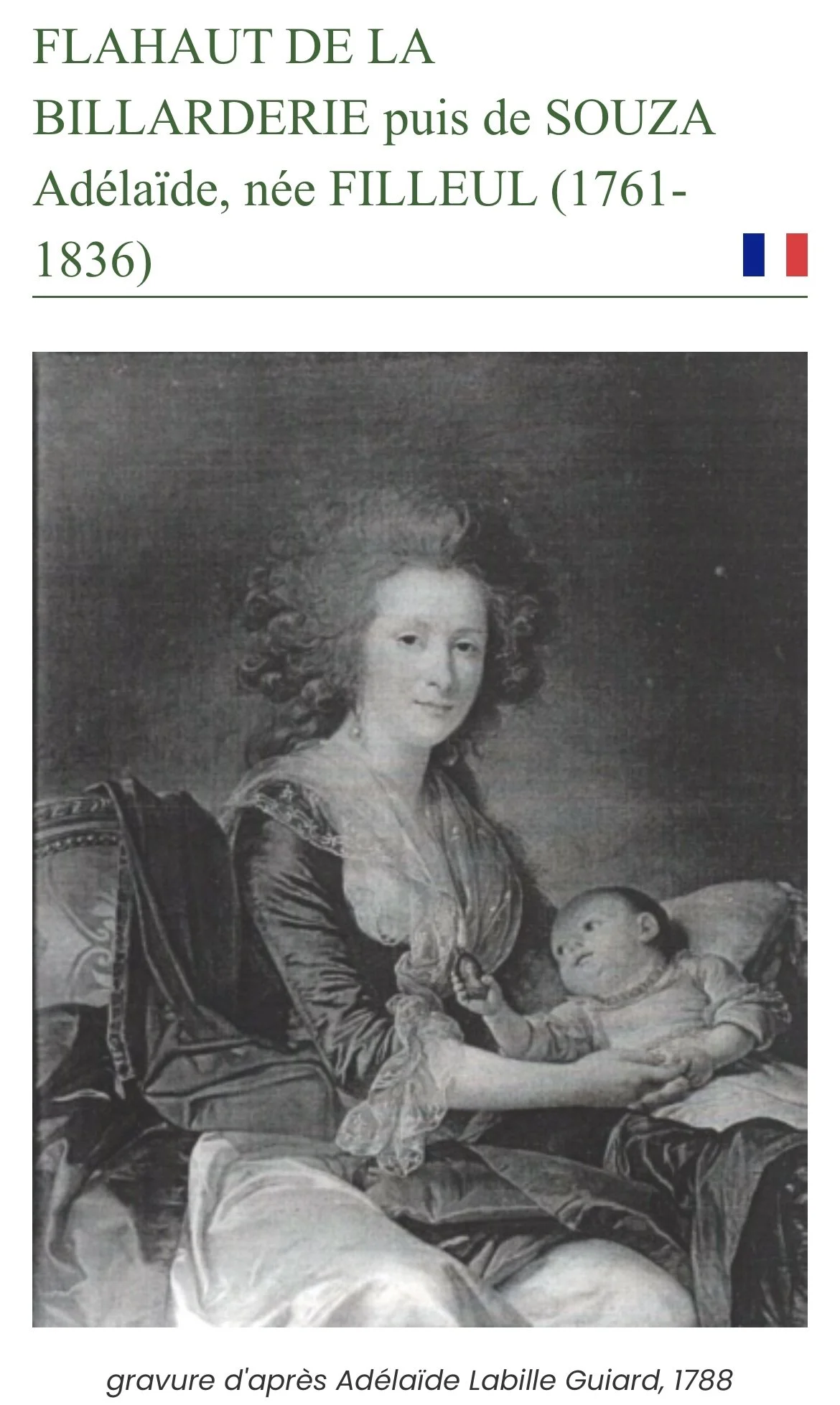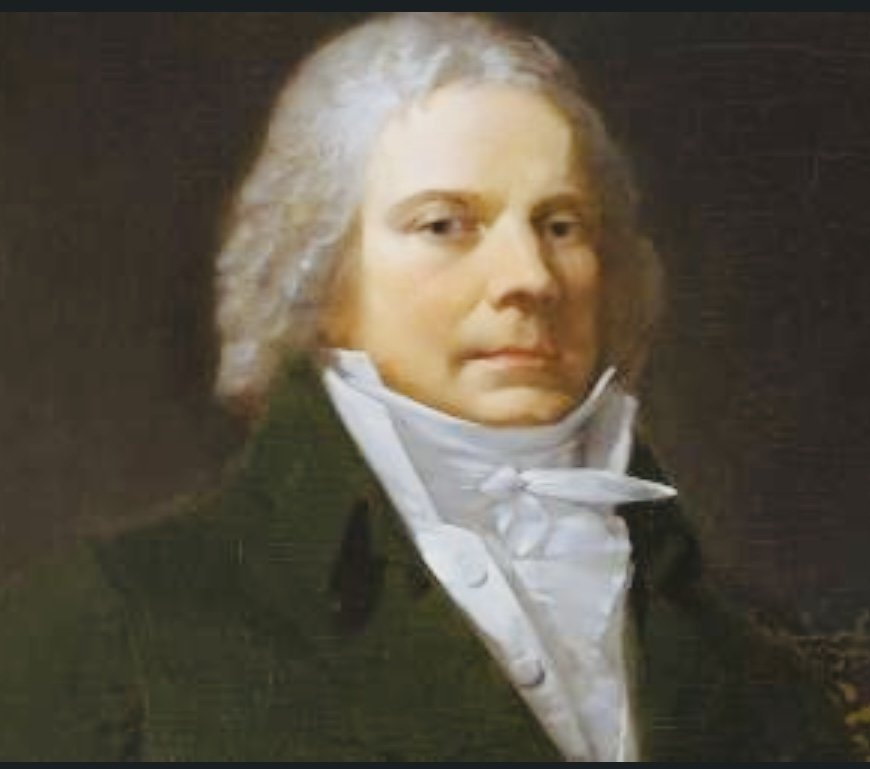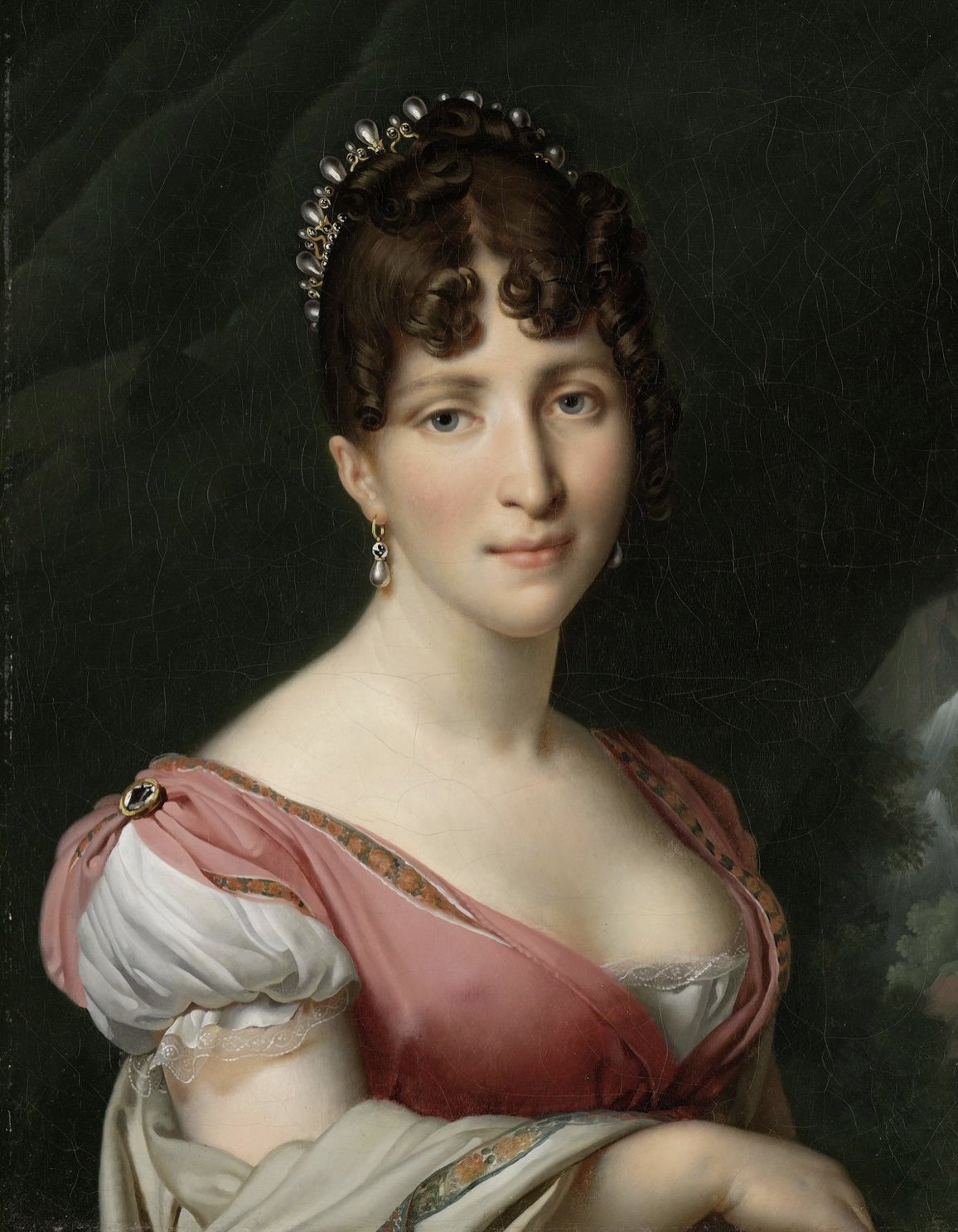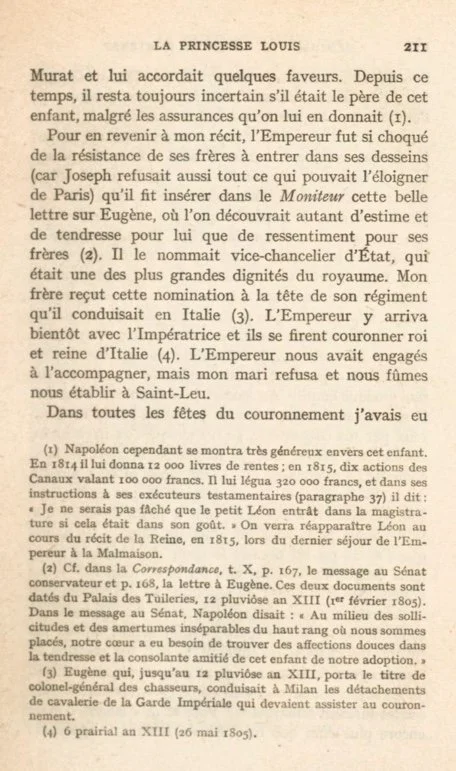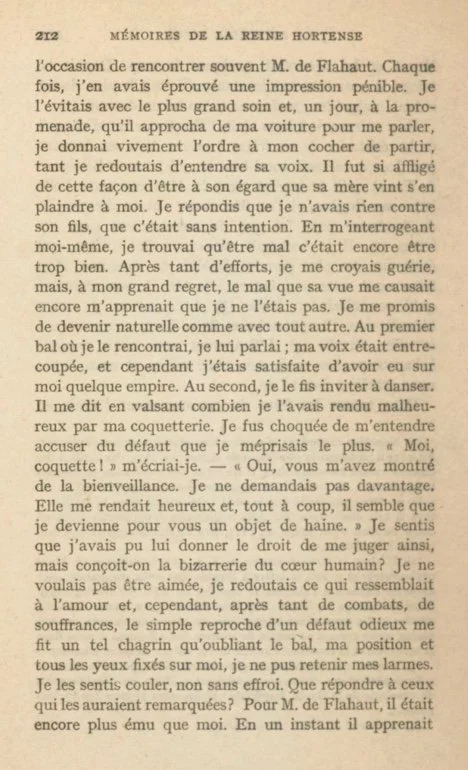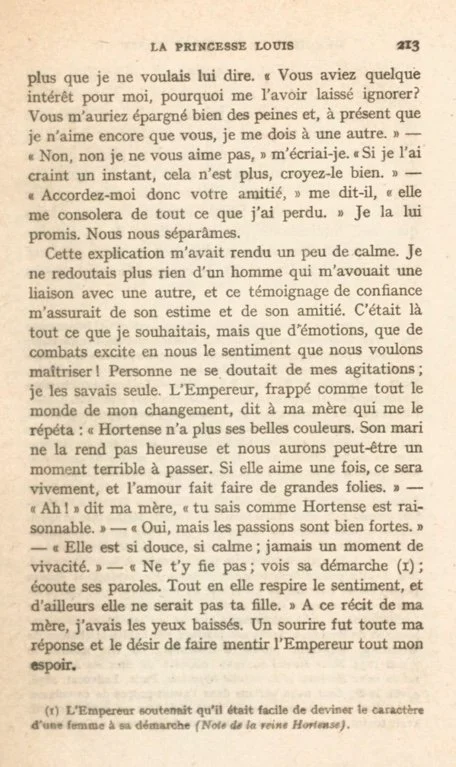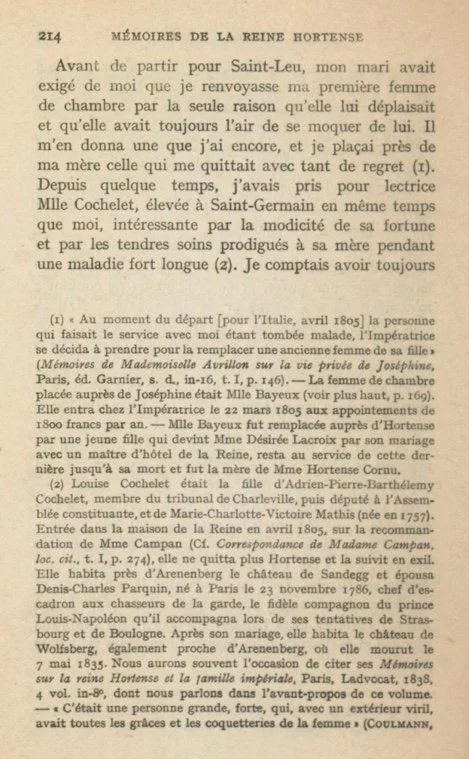Let’s have another look at Hortense’s Memoirs. If you want to read the book it is available for free at the side bar in English and French. Use the widget on the sidebar to translate the text below into pretty much any language.
In this excerpt, we see how a suspected royalist infiltrator working as a team with his mother worm their way into Hortense’s life by suggesting that she is the one who should feel guilty. Agents have tried this very same move on me more than once as well and because I know this book, I can laugh at this move having been sprung and it doesn’t work on me anymore.
In this excerpt, Napoleon also reveals that he understands Hortense’s true nature better than her mother does. The real story is between the lines.
Hortense’s memoirs continues:
The Emperor had asked us to accompany him, but my husband refused, and we went instead to Saint-Leu. I had had occasion to meet Monsieur de Flahaut again at all the festivities that were held in connection with the coronation of the Emperor in Paris. Each time I felt ill at ease. I took the greatest care to avoid him and I so dreaded hearing the sound of his voice that one day while we were driving and he came up to the carriage with the intention of speaking to me I ordered the coach-man to drive on.
He was much upset at this attitude toward him, and his mother called on me to complain about it. I replied that I had no fault to find with her son and that my behavior had been entirely unconscious.
The mother of Charles de Flahaut.
When I examined my own conscience, I decided that to have "no fault to find" with Monsieur de Flahaut was in itself a fault. I had thought all my efforts had cured me. To my sorrow I discovered by the pain I felt on catching sight of him once more that such was not the case.
I vowed I would behave as naturally toward him as toward anyone else. At the first ball at which we met I spoke to him, and my voice trembled. Nevertheless, I was pleased to have had even that much self-control. At the second ball I invited him to dance with me. While we waltzed, he told me how much my coquetry had wounded him.
Pity and sympathy are forces for good when they are reactions to deserving people who have fallen on misfortune.
But when these sentiments are wrested out of us by the undeserving, by people whose behavior is consistently antisocial, this is a sure sign that something is wrong, a potentially useful danger signal that we often overlook.
I was indignant to hear myself accused of the fault I most despised. "What! Do you think me coquettish?" I exclaimed.
“Yes, I do. For at first, you were kind to me. I asked nothing more. Your kindness sufficed to make me happy and suddenly it seems to have turned to hatred."
I felt I had given him grounds for judging me thus. What strange things our hearts are! I did not wish to be loved. I fled from anything that faintly resembled love, and yet after all my struggles the mere accusation of being coquettish hurt me so deeply that, forgetting the ball, my rank, the fact that the eyes of all present were fixed upon me, I could not restrain my tears. I trembled even while I gave way to my feelings. What was I to say to those who might have noticed them?
Charles de Flahaut: Are we witnessing, in this book, a team of royalist infiltrators at work? You decide.
As for Monsieur de Flahaut he was even more deeply moved than I was myself. In a single instant my tears had revealed my feelings toward him more clearly than I should ever have dared in words.
“Once you cared for me a little. Why did you not let me know? You would have saved me much suffering! And now, although I still love you and you alone, I am no longer free."
“No, no, I do not love you," I exclaimed. "Although I might possibly have feared to do so at one time, all that is past, I assure you."
“Then, at least, let us be friends," said he.
“Your friendship will console me for all I have lost." I gave him my promise. We separated. This talk had calmed me a little.
The infamous schemer Talleyrand was believed to be Charles de Flahaut’s biological father.
I had nothing to fear from a man who informed me that he had another liaison elsewhere. This proof of his confidence in my discretion was sufficient to convince me of Monsieur de Flahaut's respect and admiration. I could ask no more. Yet how fierce are the storms which sentiments we seek to subdue can arouse in our bosoms.
No one was aware of the cause of my troubled looks and emotion. The Emperor, struck like everyone else by the change in my manner, said to my mother, who repeated his remark to me "Hortense no longer has her fine complexion. Her husband is making her unhappy. One of these days we must be prepared for a violent outburst of some kind. If she ever falls in love, she will feel it very deeply, and love makes one commit all sorts of follies."
Now you know why Hortense looks so sad in all of these paintings.
"Ah," replied my mother, "but Hortense is so sensible."
“True enough, but her emotions are acute."
“She is so gentle, so subdued; she never acts in a hasty, impetuous manner."
“Don't be too sure she could not do so upon occasion. Look at the way she walks. Listen to what she says. Everything about her reveals a highly keyed nature. If she were otherwise, she would not be your daughter."
When my mother told me this, I cast my eyes down. My only reply was a smile, my only hope was that I might prove the Emperor had been mistaken. Before we left for Saint-Leu my husband had obliged me to dismiss my head maid simply because he did not like her and fancied that she always looked as if she were making fun of him.
I’m showing the public a non highly funded version of history using credible original first hand documents. Basically, this is history according to the “losers”. Are you happy with what side won in the struggle involving Napoleon? Hindsight really is 20/20.
The original French is available below:

